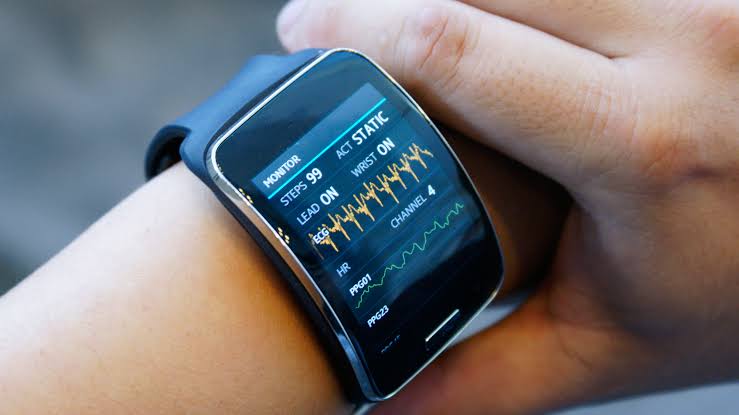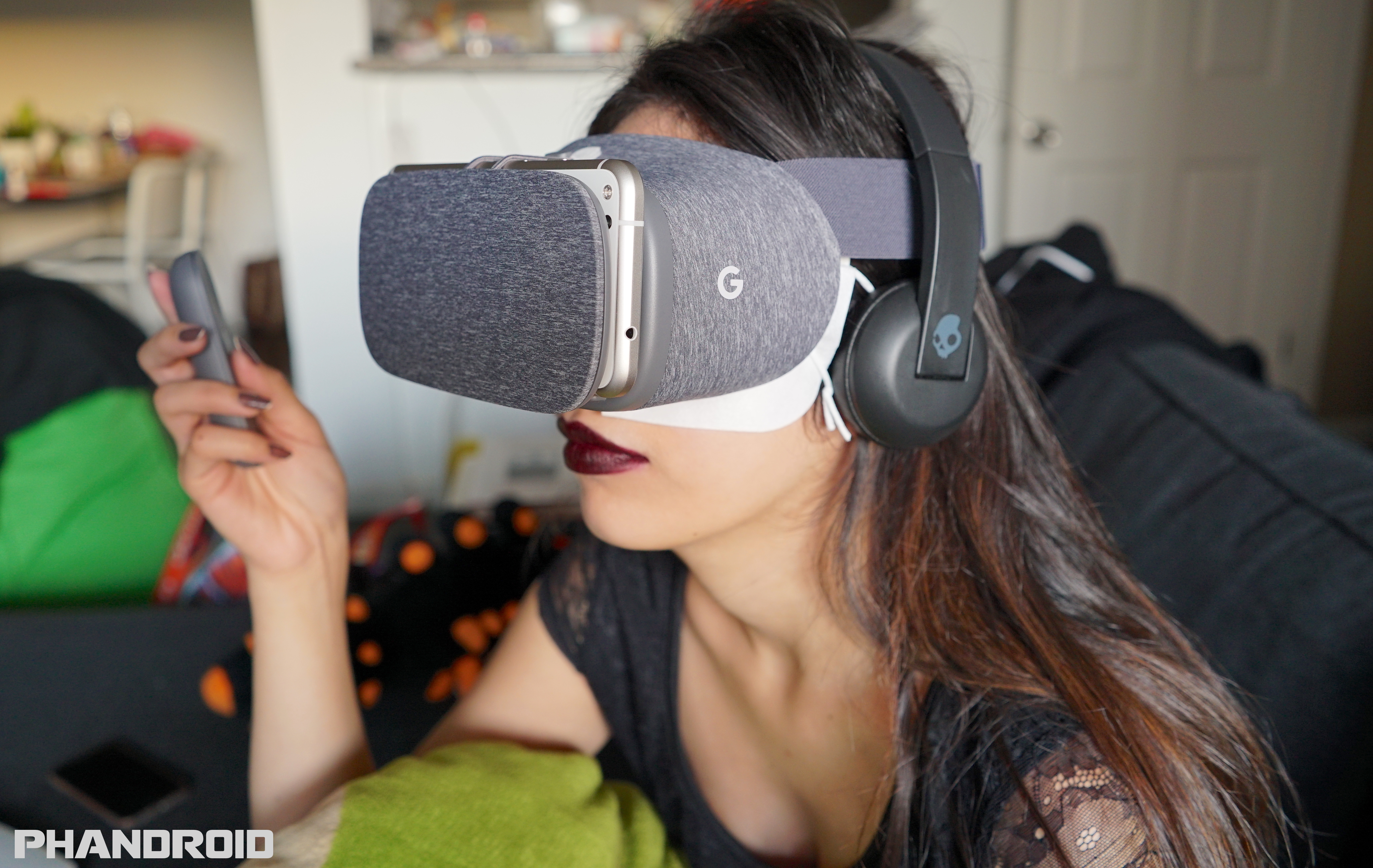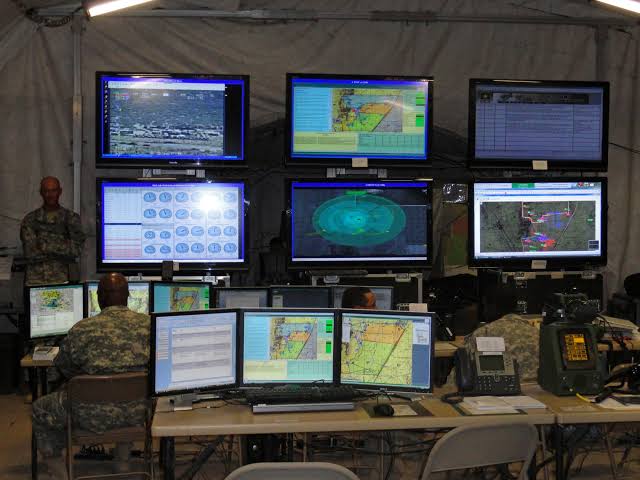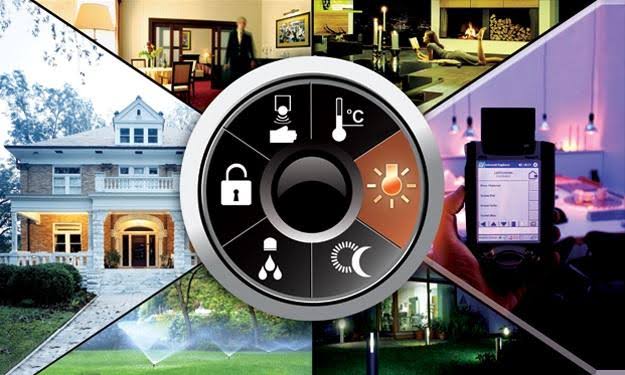Need to purchase the most recent tech contraptions/gadgets available on the market? We survey 2020's best devices and most inventive innovation on offer now, from phones and automatons/drones to hotspots and iPads.
Here you will find The Best 7 Tech Gadgets For 2020:
- Wearables or implants to monitor your health
- 5G smartphones and networks
- Augmented reality headsets
- Augmented reality headsets
- Devices that run intelligent assistants locally
- Completely wireless smart home gadgets
 |
| courtesy:google |
It's engaging to make expectations about the innovation that we'll be utilizing later on, and numerous tech fans can't resist the urge to theorize about themes like what sorts of applications we'll be utilizing later on, or in the event that regardless we'll be utilizing applications by any means. Be that as it may, much of the time, those expectations are frequently off-base, and as Steve Lohr reports for The New York Times, "Silicon Valley veterans contend that individuals routinely overestimate what should be possible with new innovation in three years, yet think little of what should be possible in 10 years." Even however all things considered, current forecasts will wind up invalidated, despite everything we're amped up for what the following hardly any years will acquire terms of innovation. In case you're interested about the future, as well, read on to find out about the seven contraptions that you'll likely have the option to get your hands on continuously 2020.
1.Wearables or implants to monitor your health
 |
| courtesy:Google |
Some wellbeing officials foresee that devices we'll have by 2020 will empower constant diagnostics for disease, the invulnerable framework, intestinal vegetation, and conditions like pre-diabetes. Such contraptions, which may come as wearable gadgets or patches, could make social insurance preventive instead of responsive. Such innovation is now on its way. As Alistair Barr and Ron Winslow announced for Wall Street Journal in 2014, Google had started creating little attractive particles that could scan the body for biomarkers that show the nearness of malignancy and different ailments. These nanoparticles would tie to cells, proteins, and different atoms inside the body, and would be checked by a wearable gadget furnished with a magnet. The particles could be conveyed by means of a pill, and would make it simpler to distinguish malignant growth or foresee a fast approaching coronary episode.
2.5G smartphones and networks
 |
| Courtesy:Google |
While the speed of the 4G LTE systems accessible to U.S. buyers leave a ton to be wanted, industry gatherings and remote bearers are as of now looking at the change to 5G innovation, which will probably be characterized in 2018, arranged in 2019, and conveyed in 2020. While the guidelines for the innovation are still years from being set, it's protected to state that 5G will be quicker and less vitality serious than 4G, which will bring quicker cell phones, better shrewd home gadgets, and longer-enduring wearables. 5G cell phones will probably encounter a lot of lower inertness than what we're utilized to with 4G, which would mean quicker stacking applications and sites, in addition to lightning-speed downloads of recordings. As Jessi Hempel reports for Wired, we'll need 5G systems both to make computer generated reality valuable in proficient settings and to empower the sensors implanted in everything from watches to autos to cooperate consistently with low inertness.
3.Virtual reality headsets
 |
| courtesy:google |
While just a couple of individuals from general society have had the chance to evaluate a computer generated experience headset, numerous producers and financial specialists believe that headsets that will submerge clients in advanced universes will be the following huge thing in stimulation and interchanges. As Nick Wingfield announced as of late for The New York Times, there are a lot of motivations to be distrustful that VR will change innovation the way cell phones did, not least the significant expense tag of a headset and the (extra costly) PC that some will require, the innovation's propensity to actuate movement disorder, or the way that numerous computer generated simulation fans state they haven't encountered an absolute necessity have game or application. In any case, as Eric Johnson detailed for Re/code a year ago, numerous VR devotees accept that headsets will offer convincing 3D encounters inside five years, particularly if the business can discover an executioner application that interests not exclusively to gamers, however to the general shopper too.
4.Augmented reality headsets
 |
| courtesy:google |
Like VR headsets, increased reality headsets are relied upon to turn into a fascinating piece of our device arms stockpile inside the following barely any years. As Scott Stein announced for CNET upon the divulging of Microsoft's HoloLens, "holographic" was hurled around during the occasion. While a few scientists believe that holographic TVs may turn into a reality by 2020 or presently, it's looking like increased reality — which doesn't offer a genuine form of 3D images — will be the innovation that makes ready for shows and games that undertaking characters and situations onto your lounge room and make vivid virtual universes that mix with your environment. Noted futurist Ray Kurzweil has even anticipated that not long from now, we'll be in enlarged reality consistently.
5.Self-driving cars
 |
| courtesy:google |
John Markoff detailed for The New York Times that regardless of the excitement with which industry administrators talk about the fate of self-driving autos, self-governing vehicles still need people, at any rate until further notice. By certain records, genuinely self-governing vehicles may in any case be 10 years away, however existing self-driving autos are as of now driving without anyone else in specific circumstances. In the following barely any years, they'll progressively have the option to pursue bending streets, move to another lane, securely explore crossing points, and stop and start individually — yet despite everything they'll require human supervision, and may keep on giving over control to a human driver when they experience complex circumstances. By 2020, there are required to associate with 10 million vehicles with self-driving highlights out and about, however completely self-sufficient autos aren't probably going to get suitable until 2019 or past.
6.Devices that run intelligent assistants locally
 |
| courtesy:google |
The keen collaborators we're right now utilizing — think Siri, Cortana, and Google Now — need an Internet association and a great deal of information to address your inquiries and react to your solicitations. In any case, later on, we'll have cell phones, tablets, and wearables furnished with astute aides that perform profound learning errands locally. As Alex Brokaw announced as of late for The Verge, MIT analysts have built up a PC chip that would empower your cell phone to finish complex AI undertakings, similar to normal language handling and facial acknowledgment, without being associated with the Internet. That would spare your battery, yet in addition lighten a portion of the security concerns characteristic with colleagues, which have so far sent information to remote servers to parse and react to your solicitations. Improving discourse acknowledgment innovation will make it simpler to complete things AI and chatbots, and empower our gadgets to more readily comprehend what we're stating and what we need to do.
7.Completely wireless smart home gadgets
 |
| courtesy:google |
PCs, cell phones, wearable gadgets, even keen home sensors: No issue to what extent their batteries last, they all must be connected to a power source to be charged. However, as Mark Harris reports for MIT's Technology Review, University of Washington scientists have created innovation that empowers contraptions to work and convey utilizing just vitality gathered from close by TV, radio, cell phone, and Wi-Fi signals. The innovation, which utilizes a standard called backscattering to specifically reflect approaching radio waves to build new flag, is made a beeline for commercialization. Inside only a couple of years, this should bring about without battery contraptions for your shrewd home, including surveillance cameras, temperature sensors, and smoke alerts that never must be charged.
The Best Tech Gadgets For 2020| We Should Have used in Future
Thanks for reading patiently.If You have any question or inquiries; Please Ask freely on the comment section.It inspire us to create more and more useful contents for making your daily life better.
Courtesy/credit:cheatsheet.com/Internet
Please try another useful videos.








0 Comments